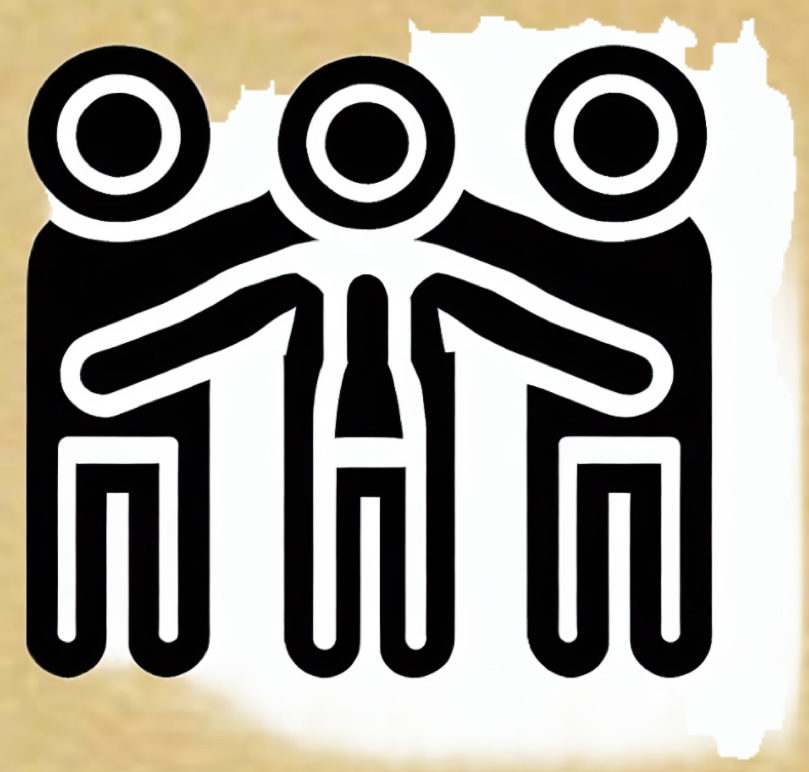The Power of Community
Module 8:
How Support Groups Can Help You Overcome Trauma and Reach Your Weight Loss Goals

Support groups are a powerful tool for overcoming trauma and reaching your weight loss goals.
Support groups provide a safe and supportive environment where you can share your experiences with others who are going through similar struggles.
They can help you feel less alone and more connected to others.
Weight Loss
Success Story
Emily Jones was a victim of domestic violence. She suffered from depression, anxiety, and PTSD as a result of the trauma. She found that traditional therapy was not enough to help her overcome her symptoms. She began researching alternative methods and discovered the healing power of community.
Emily started by joining a support group for survivors of domestic violence. She found that talking to others who had been through similar experiences helped her feel less alone and more understood.
The group provided a safe space where she could share her feelings and receive support.
Emily also found that the group helped her stay accountable for her weight loss goals. She had struggled with her weight for years, but found that the encouragement and motivation from the group helped her stay on track. She began eating healthier and exercising regularly, and found that she was losing weight and feeling better both physically and mentally.
Over time, Emily became an active member of the group, helping others who were going through similar experiences. She found that giving back to the community helped her feel more empowered and in control of her life.
Today, Emily is a mental health advocate who shares her story with others to help them find hope and healing. She encourages anyone who is struggling with trauma or weight loss to seek help from a qualified therapist and consider joining a support group.
It provides an overview of how support groups can be effective in treating trauma and promoting healthy behaviors.
Trauma support groups are specifically designed to help people who have experienced trauma. Trauma support groups can help you work through your feelings and emotions related to the traumatic event.
They can also provide a sense of community and belonging, which is essential for overcoming trauma.
Weight loss support groups are another option for people who are trying to lose weight. Weight loss support groups provide a supportive environment where you can share your experiences with others who are also trying to lose weight.
They can provide motivation, accountability, and practical tips for achieving your weight loss goals.
Here are 4 tips for finding a support group:
- Ask your doctor or therapist: Your doctor or therapist may be able to recommend a support group that is right for you.
- Search online: There are many online resources that can help you find a support group in your area.
- Check with local hospitals or community centers: Many hospitals and community centers offer support groups for a variety of issues.
- Ask friends or family members: Friends or family members may know of a support group that is right for you.
It’s important to note that support groups are not a substitute for professional help. If you’re struggling with trauma or mental health issues, it’s important to seek professional help from a therapist or counsellor.
To sum up…
Support groups are a powerful tool for overcoming trauma and reaching your weight loss goals. Trauma support groups and weight loss support groups provide a safe and supportive environment where you can share your experiences with others who are going through similar struggles. If you’re considering joining a support group, ask your doctor or therapist for recommendations or search online for resources in your area.
Here's a fun quiz to test your knowledge about the role of support groups in overcoming trauma and reaching weight loss goals:
1. What is the most significant benefit of support groups?
a. They provide a safe and supportive environment where you can share your experiences with others who are going through similar struggles.
b. They can help you feel less alone and more connected to others.
c. Both a and b.
2. What is Emily Jones's story?
a. She was a victim of domestic violence who found that traditional therapy was not enough to help her overcome her symptoms. She began researching alternative methods and discovered the healing power of community.
b. She was a victim of sexual assault who found that traditional therapy was not enough to help her overcome her symptoms. She began researching alternative methods and discovered the healing power of community.
c. None of the above.
3. How can support groups help with weight loss goals?
a. By providing encouragement and motivation to stay on track.
b. By helping you stay accountable for your weight loss goals.
c. Both a and b.
4. What are some benefits of joining a support group?
a. Feeling less alone and more understood.
b. Receiving support in a safe space.
c. Helping others who are going through similar experiences.
d. All of the above.
5. What is Emily Jones's advice for those struggling with trauma or weight loss?
a. Seek help from a qualified therapist and consider joining a support group.
b. Seek help from a qualified therapist only.
c. Consider joining a support group only.
Answers:
1. c
2. a
3. c
4. d
5. a
I hope you enjoyed taking this quiz!
Coming up Lesson 9…
9- The Art of Self-Care: How Taking Care of Yourself Can Help You Heal from Trauma and Lose Weight
Terms And Conditions | Privacy Policy | Disclaimer | Customer Support
Be the Passion. Believe in yourself.
And remember to
Amplify And Multiply Your Success Habits
Automatically And Subconsciously